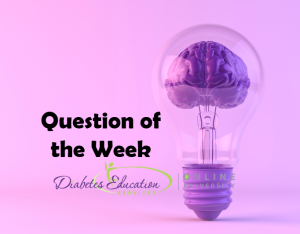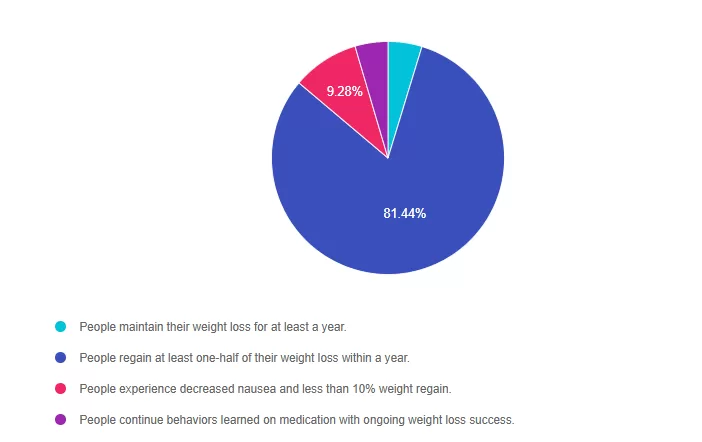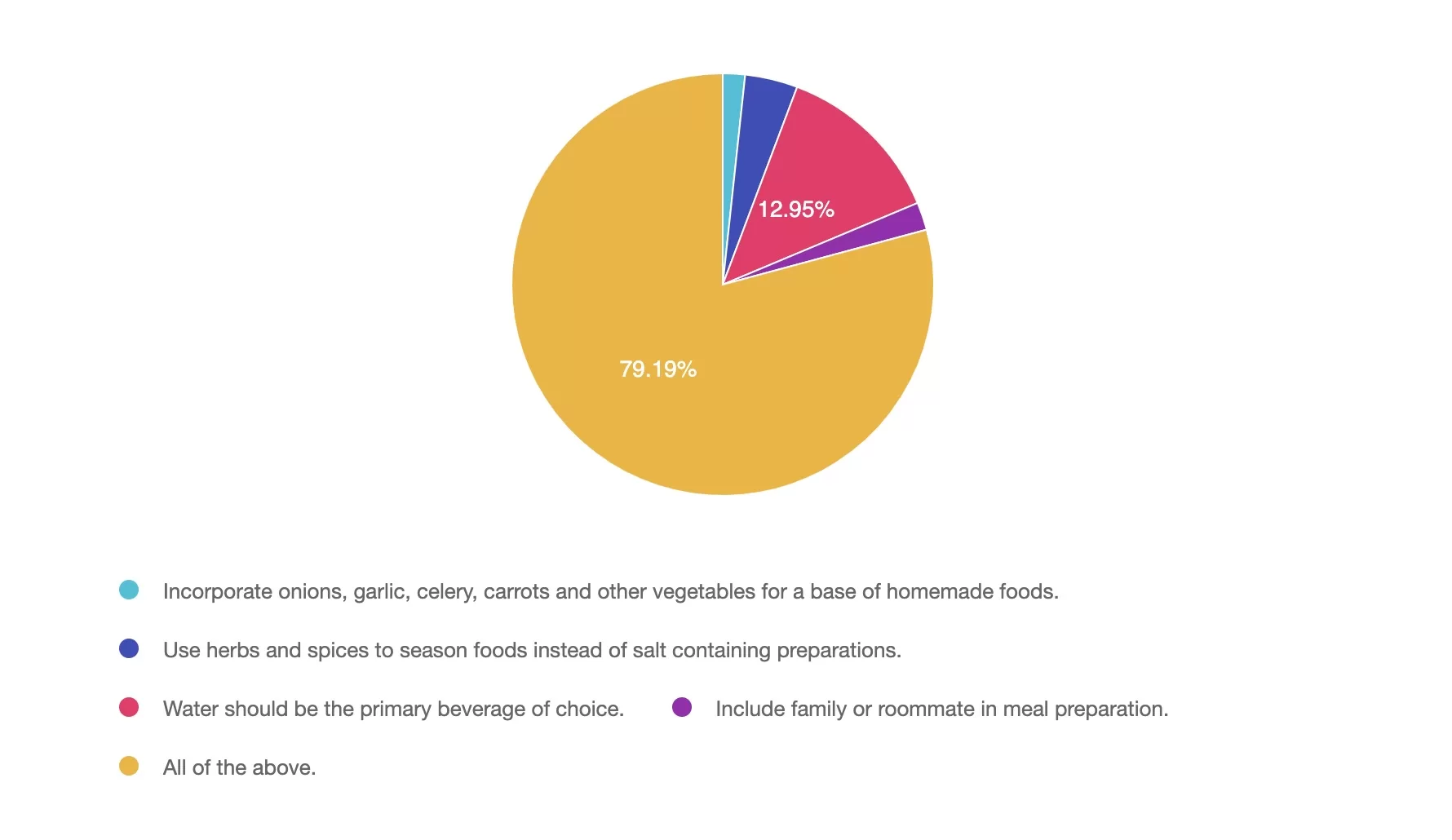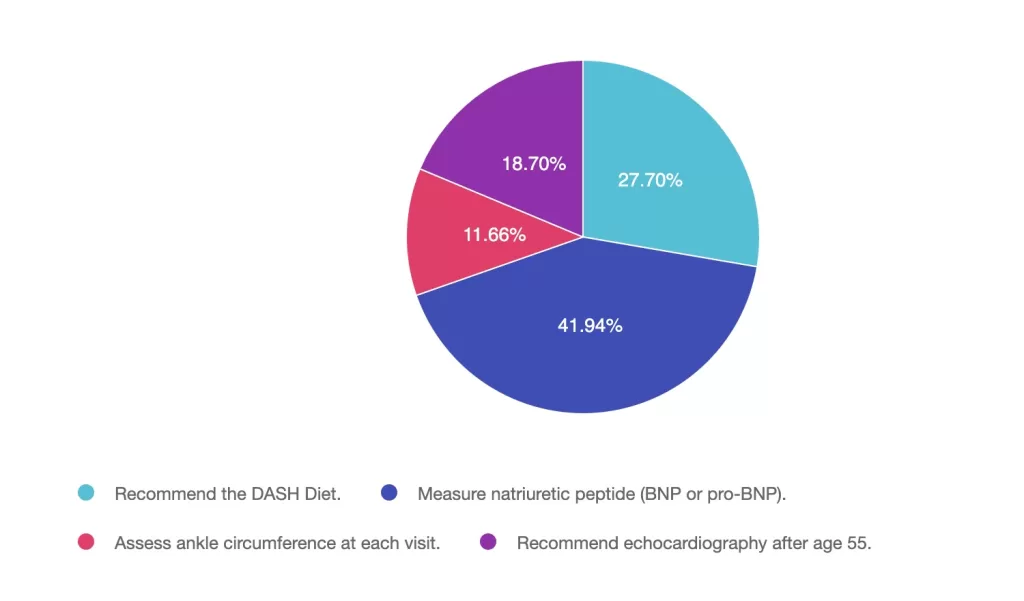
JL observes Ramadan and fasts from sunrise to sunset. JL has type 2 diabetes and usually takes 4 units of bolus insulin three times a day with meals and 10 units of glargine (Rezvoglar) at bedtime.
What would be the best recommendation for JL?

Gain fresh insights, practical tools, and a deeper understanding of the latest in person-centered diabetes care. Our expert team brings the ADA Standards of Care to life—covering medications, behavior change, technology, and more! If you’re preparing for the CDCES or BC-ADM exam, this conference—paired with free bonus courses—serves as the ideal study companion!
With interactive co-teaching, we keep sessions engaging, relevant, and fun. Let’s learn and grow together!

Our expert team transforms complex diabetes science into clear, practical insights—keeping it real, engaging, and fun! The faculty includes:
Host a Local Event!
Use EarthDay.org’s event map to find or promote cleanups, workshops, or plantings in your area.
For last week’s practice question, we quizzed participants on what happens when people stop taking GLP /GIPs. 81% of respondents chose the best answer. We want to clarify and share this important information, so you can pass it on to people living with diabetes and your colleagues, plus prepare for exam success!
Before we start though, if you don’t want any spoilers and haven’t tried the question yet, you can answer it below: Answer Question

Question:
About 30% of people with diabetes started on GLP-1’s stop taking this medication before completing a year of therapy.
According to ADA Standards, what results from sudden discontinuation of GLP-1s /GIP like semaglutide and tirzepatide?
Answer Choices:

Answer 1 is incorrect. 4.71% chose this answer. “People maintain their weight loss for at least a year.” According to the ADA Standards, people regain 50 to 70% of the weight lost after this gut hormone replacement therapy is stopped.
Answer 2 is correct. 81.44% of you chose this answer. “People regain at least one-half of their weight loss within a year.” YES, this is the best answer! Great JOB. According to ADA Standards, “sudden discontinuation of semaglutide and tirzepatide results in regain of one-half to two-thirds of the weight loss within 1 year. Consider trying lowest effective dose, using intermittent therapy, or stopping medication followed by close weight monitoring. This information is helpful for our clinical practice as we navigate the best approach to utilizing GLP-1 /GIP Therapy.
Answer 3 is incorrect. About 9.28% of respondents chose this. “People experience decreased nausea and less than 10% weight regain.” According to the ADA Standards, people regain 50 to 70% of the weight lost after this gut hormone replacement therapy is stopped.
Finally, Answer 4 is incorrect. 4.57% chose this answer. “People continue behaviors learned on medication with ongoing weight loss success.” According to the ADA Standards, people regain 50 to 70% of the weight lost after this gut hormone replacement therapy is stopped.
We hope you appreciate this week’s rationale! Thank you so much for taking the time to answer our Question of the Week and participate in this fun learning activity!

Gain fresh insights, practical tools, and a deeper understanding of the latest in person-centered diabetes care. Our expert team brings the ADA Standards of Care to life—covering medications, behavior change, technology, and more! If you’re preparing for the CDCES or BC-ADM exam, this conference—paired with free bonus courses—serves as the ideal study companion!
With interactive co-teaching, we keep sessions engaging, relevant, and fun. Let’s learn and grow together!

Our expert team transforms complex diabetes science into clear, practical insights—keeping it real, engaging, and fun! The faculty includes:

JR has type 2 diabetes and takes Metformin 1000mg BID and sitagliptin (Januvia), A1C 8.1%. GFR 47, UACR 158mg/g. Recent diagnosis of congestive heart failure. These are the medications their insurance covers.
Of the following medications, which addition would most benefit JR?

Gain fresh insights, practical tools, and a deeper understanding of the latest in person-centered diabetes care. Our expert team brings the ADA Standards of Care to life—covering medications, behavior change, technology, and more! If you’re preparing for the CDCES or BC-ADM exam, this conference—paired with free bonus courses—serves as the ideal study companion!
With interactive co-teaching, we keep sessions engaging, relevant, and fun. Let’s learn and grow together!

Our expert team transforms complex diabetes science into clear, practical insights—keeping it real, engaging, and fun! The faculty includes:
For last week’s practice question, we quizzed participants on. 79% of respondents chose the best answer. We want to clarify and share this important information, so you can pass it on to people living with diabetes and your colleagues, plus prepare for exam success!
Before we start though, if you don’t want any spoilers and haven’t tried the question yet, you can answer it below: Answer Question.

Question:
According to the 2025 ADA Standards of Care, which of the following nutrition behaviors are strongly encouraged for individuals with diabetes?
Answer Choices:

Answer 1 is incorrect. 1.7% chose this answer, ” Incorporate onions, garlic, celery, carrots and other vegetables for a base of homemade foods.” Although this answer is true, it is not the best answer. Incorporate onions, garlic, celery, carrots, and other vegetables for a base of homemade foods. These foods can serve as a base to many dishes and incorporates flavor, fiber, vitamins, and minerals while encouraging vegetable consumption.
Answer 2 is incorrect. 4% of you chose this answer, “Use herbs and spices to season foods instead of salt containing preparations.” Although this answer is true, it is not the best answer. 90% of people in the US exceed the daily recommended limits for sodium. Reducing salt intake is important for heart health, managing blood pressure and meeting dietary guidelines. Herbs and spices not only enhance flavor and may provide additional health benefits.
Answer 3 is incorrect. About 12% of respondents chose this, “Water should be the primary beverage of choice.” Although this answer is true, it is not the best answer. The 2025 ADA Standards of Care have emphasized water as the primary beverage of choice. Alternatives to plain water can include no calorie alternatives. Suggestions to add lemon, lime or cucumber to water, choose sparkling no calorie beverages and no-calorie carbonated beverages are also encouraged.
Answer 4 is incorrect. 2% chose this answer, “Include family or roommate in meal preparation.” Although this answer is true, it is not the best answer. Engaging others in meal preparation can create a supportive environment, encourage healthier eating habits, and make cooking more enjoyable. Social support can be especially helpful in managing diabetes long-term.
Answer 5 is correct. 79% chose this answer, “All of the above.” The 2025 ADA Standards of Care encourages all the above nutrition behaviors.
We hope you appreciate this week’s rationale! Thank you so much for taking the time to answer our Question of the Week and participate in this fun learning activity!

Gain fresh insights, practical tools, and a deeper understanding of the latest in person-centered diabetes care. Our expert team brings the ADA Standards of Care to life—covering medications, behavior change, technology, and more! If you’re preparing for the CDCES or BC-ADM exam, this conference—paired with free bonus courses—serves as the ideal study companion!
With interactive co-teaching, we keep sessions engaging, relevant, and fun. Let’s learn and grow together!

Our expert team transforms complex diabetes science into clear, practical insights—keeping it real, engaging, and fun! The faculty includes:

About 30% of people with diabetes started on GLP-1’s stop taking this medication before completing a year of therapy.
According to ADA Standards, what results from sudden discontinuation of GLP-1s /GIP like semaglutide and tirzepatide?

Gain fresh insights, practical tools, and a deeper understanding of the latest in person-centered diabetes care. Our expert team brings the ADA Standards of Care to life—covering medications, behavior change, technology, and more! If you’re preparing for the CDCES or BC-ADM exam, this conference—paired with free bonus courses—serves as the ideal study companion!
With interactive co-teaching, we keep sessions engaging, relevant, and fun. Let’s learn and grow together!

Our expert team transforms complex diabetes science into clear, practical insights—keeping it real, engaging, and fun! The faculty includes:
For last week’s practice question, we quizzed participants oAction needed to prevent heart failure. 41% of respondents chose the best answer. We want to clarify and share this important information, so you can pass it on to people living with diabetes and your colleagues, plus prepare for exam success!
Before we start though, if you don’t want any spoilers and haven’t tried the question yet, you can answer it below: Answer Question

Question:
Adults with diabetes are at increased risk for the development of asymptomatic or symptomatic heart failure.
According to the ADA 2025 Standards of care, what action is needed to facilitate prevention of heart failure?
Answer Choices:

Answer 1 is incorrect. 27% chose this juicy answer. “Recommend the DASH Diet.” Although the DASH Diet with lower sodium content is helpful once someone is diagnosed with heart failure, this dietary approach alone won’t prevent heart failure. In order to prevent heart failure, it needs to first be diagnosed to determine best treatment plan.
Answer 2 is correct. 49% of you chose this answer. “Measure natriuretic peptide (BNP or pro-BNP).” YES, Great JOB. According to the ADA Standard on ASCVD, “Adults with diabetes are at increased risk for the development of asymptomatic cardiac structural or functional abnormalities (stage B heart failure) or symptomatic (stage C) heart failure. Consider screening adults with diabetes by measuring a natriuretic peptide (B-type natriuretic peptide [BNP] or N-terminal pro-BNP [NT-proBNP]) to facilitate prevention of stage C heart failure. In asymptomatic individuals with diabetes and abnormal natriuretic peptide levels, echocardiography is recommended to identify stage B heart failure.”
Answer 3 is incorrect. About 11% of respondents chose this. “Assess ankle circumference at each visit.” Although pedal edema and shortness of breath are both indicators of heart failure, the BNP or NT-proBNP lab test is more definitive.
Finally, Answer 4 is incorrect. 18% chose this answer. “Recommend echocardiography after age 55.” According to ADA standards, we would first check the BNP or NT-proBNP lab test. In asymptomatic individuals with diabetes and abnormal natriuretic peptide levels, echocardiography is then recommended to identify stage B heart failure.”
We hope you appreciate this week’s rationale! Thank you so much for taking the time to answer our Question of the Week and participate in this fun learning activity!

Gain fresh insights, practical tools, and a deeper understanding of the latest in person-centered diabetes care. Our expert team brings the ADA Standards of Care to life—covering medications, behavior change, technology, and more! If you’re preparing for the CDCES or BC-ADM exam, this conference—paired with free bonus courses—serves as the ideal study companion!
With interactive co-teaching, we keep sessions engaging, relevant, and fun. Let’s learn and grow together!

Our expert team transforms complex diabetes science into clear, practical insights—keeping it real, engaging, and fun! The faculty includes:

According to the 2025 ADA Standards of Care, which of the following nutrition behaviors are strongly encouraged for individuals with diabetes?

Gain fresh insights, practical tools, and a deeper understanding of the latest in person-centered diabetes care. Our expert team brings the ADA Standards of Care to life—covering medications, behavior change, technology, and more! If you’re preparing for the CDCES or BC-ADM exam, this conference—paired with free bonus courses—serves as the ideal study companion!
With interactive co-teaching, we keep sessions engaging, relevant, and fun. Let’s learn and grow together!

Our expert team transforms complex diabetes science into clear, practical insights—keeping it real, engaging, and fun! The faculty includes:
[yikes-mailchimp form="1"]
Diabetes Education Services offers education and training to diabetes educators in the areas of both Type 1 and Type 2 Diabetes for the novice to the established professional. Whether you are training to be a Certified Diabetes Care and Education Specialist (CDCES), practicing at an advanced level and interested in board certification, or a health care professional and/or Certified Diabetes Care and Education Specialist (CDCES) who needs continuing education hours to renew your license or CDCES, we have diabetes education information, resources and training; learning and teaching tools; and diabetes online courses available for continuing education (CE). Read our disclaimer for full disclosure.